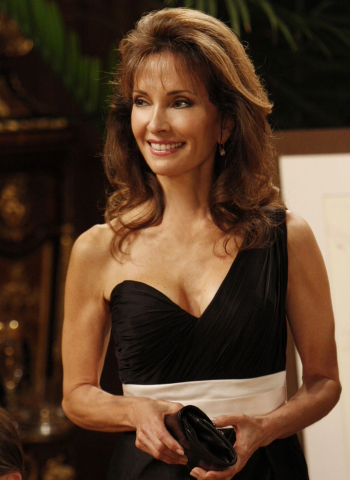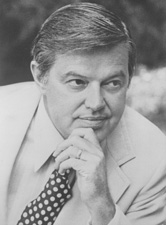 I am formally retiring from the poetry profession. I am quitting the po-biz.
I am formally retiring from the poetry profession. I am quitting the po-biz. My wording here is quite intentional, and I want to be clear in that I mean that I am stepping off the careerist poetry track, no longer taking that commute to work from the 'burbs, working my way through middle management, getting those keys to the executive bathroom, trading in my fedora for a respectable homburg.
I don't mean to dishonor anyone who is still very much in the poetry business. And I'll continue to buy books of poetry, support magazines, and teach poetry in the classroom. I'll certainly do more than my share of sustaining the poetry economy. But it's time for me to say goodbye to all that I've chased after in a 35-year professional career, something I pursued since I was 17.
And I don't mean to dishonor all the hard work and good fortune that came my way. I am inexpressibly grateful for my teachers, editors, publishers, and grants administrators, for my colleagues and poetry co-workers, and I earnestly encourage them to go forth and continue their good work. But for me, it's time to say goodbye to all of that. I've pretty much done all that I wanted to do in the poetry marketplace, but this career path has run its course, and so other than a selected volume (perhaps) and other than occasional solicitations from friends, I'm through with the whole publishing and perishing to-do.
My decision here probably can be taken as a critique of the whole po-biz, my Bartleby declaration of I would prefer not to. I have written extensively of my own ambivalence about the professionalization of poetry, even while I valued my own happy M.F.A. experience, my good fortunes as an English professor, and my modest success in getting published. So much of all of that has been beside the point of the art itself. I realize that most poets I know also share those same misgivings, and we find our own ways to live with them.
For me, if my decision is a rejection, it's a rejection of the vanity of professionalism itself. It's a rejection of the triviality of the c.v. It's a rejection of the pissing matches between the poet and editor, the M.F.A. and the street poet, the disassociativist and the formalist. It's a rejection of the vapory permanence of the Norton Anthology. It's a rejection of the tiresome egoism that first flares with a first publication and that burns cold with the embitterment of becoming "out-of-fashion."
What I am retiring from is producing poetry as literature. I still get a thrill reading poetry as literature, enjoying that intensely quiet and difficult exchange a really good poem demands, but I have had enough of producing poems toward that end. Do I really need to produce more of those? Don't I already have enough imperfect children?
Now, I know a real poet doesn't quit writing poetry, and I have not said that I have decided to quit writing poetry. Simply, whatever poetry (and I'm not sure if I can call it poetry) I do write won't be produced for the literary marketplace, or as literature, but something that is wholly impermanent and fleeting, something that may be collaborative or performed or occasional but nothing more than that.








